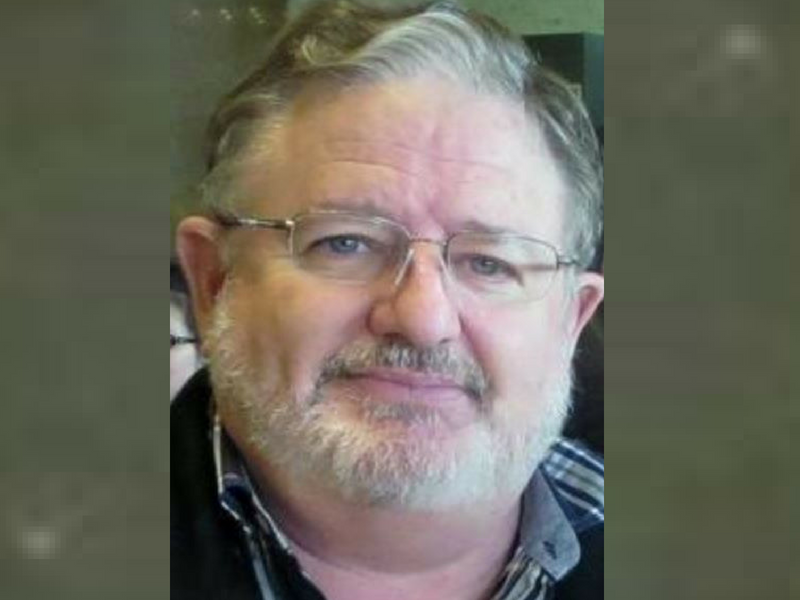
Edwin's story
Edwin Tanner - former lawyer, 1982-1984
Edwin Tanner was one the first North Melbourne Legal Service lawyers, (now known as Inner Melbourne Community Legal). 36 years on, he reflects on his time there during 1982-1984, when the service was in its infancy. Since then, Mr Tanner has practised as a barrister and solicitor, and has been a legal academic for 25 years. He is currently an Honorary Fellow of the College of Law and Justice at Victoria University where he supervises PhD and other research students.
In the beginning
"I'd set up a practice of my own in North Melbourne. The reason I set up in North Melbourne is because I wanted to cater for the less advantaged members of the community. I really was concerned about the welfare of my fellow citizens who couldn't afford a lawyer.
“Soon after setting up a practice of my own in North Melbourne, I became aware that Malcolm Park was running the North Melbourne Legal Service out of a little shop in the basement of the North Melbourne high-rise flats. My local legal practice wasn't very busy at the time, so I would go over there and watch as people came in to see him just for a talk.
"Very quickly I became aware that Malcolm was very highly respected by the residents of high-rise flats where most of the clients came from. He was actively involved in the community.
"At the time the NMLS […] provided a very valuable service, a brilliant essential service. It was more than just a legal service, it was a community drop-in centre, and in that sense it provided friendships, it provided encouragement and if we couldn't handle it then often we were able to refer it off to someone who might handle it like a pro bono barrister or solicitor.
"We were really flying by the seat of our pants, we were really..."
Setting up a duty lawyer service
"After a while Mal said to me 'why don't we set up a duty solicitor system running out of the Magistrates' Court?'
"It would have been early 1982, and I said 'ok that'd be good' and so that's how we started the duty solicitor system. We used to turn up at court and appear for people who are unrepresented. I was doing it completely voluntarily.
"People were turning up to the courts and they were unrepresented and they'd just stand there and not know what to do - as I would if I didn't know anything about the courts, I'd just stand there, and of course the case was not put to the court at all adequately. Everyone has a right to be represented. If you have entrenched disadvantage it remains entrenched unless people are given the facilities and access to legal representation."
Keeping the service going
Mal took largely care of the funding. He had to apply for grants to keep the service running, which no doubt paid for the lease of the shop. During my last 3 months at the service, we'd run out of Legal Aid funding completely, so I was doing it completely voluntarily. We still had access to the shop, but it was very difficult.
Legal need at the time
"The legal needs were a myriad: drug-related theft, sexual assaut, burglary, car offences, car crashes.
"I found that if you'd just rub the surface very slightly, you'd come up with family violence, social deprivation, and these are things that people have no control over. Poverty was the main problem - socio-economic deprivation.
"There was a fair amount of family violence too. At that stage unfortunately the police and the courts didn't want to deal with family violence and regarded it as a domestic issue. Fortunately that's changed completely.
"Prejudice and discrimination on the basis of race and religion was also a problem within the community that time. Racial profiling by police was an issue. Police certainly used to target particular groups of people. In my time it was newly arrived Turkish and Maltese immigrants."
Reflecting 40 years on
"[The service] is more important. 40 years ago it was hardly existing. It's critically important that it grow and it flourish. I hoped it would last forever, I didn't know. I knew the funding problems that Mal was having and I knew that governments were not particularly sympathetic to spending money on disadvantaged people but I certainly hoped that it would last forever. I'm very, very pleased that it's still going because it provides such a vital service to the community."
You can find out more about IMCL's current staff here.
"If I had to describe the service in one word, it would be compassionate."